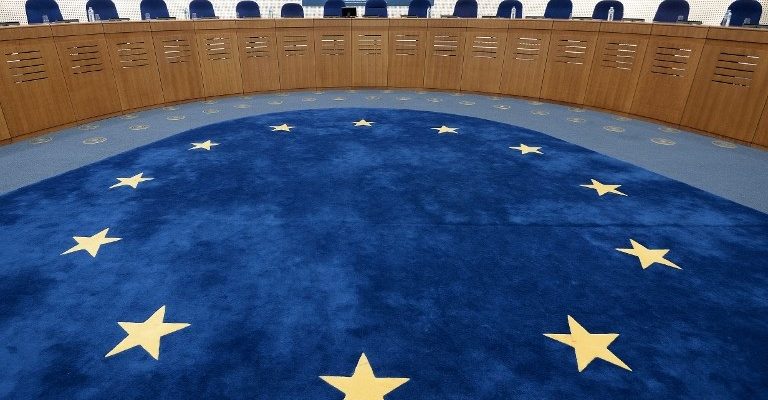Protection of sources: Norwegian journalist won in Strasbourg

Ordering a journalist to give evidence on a source is not justified, even though the source himself has come forward to the police. That’s the main outcome of a decision of the European Court of Human Rights, today, regarding the case launched in 2012 by Norwegian journalist Cecilie Langum Becker, who was ordered to give evidence on her contacts with her source for an article about the Norwegian Oil Company, and fears that it might collapse.
The European Court recalled that a journalist’s protection could not automatically be removed because of a source’s conduct. Bearing in mind its previous judgments emphasising the chilling effect wherever journalists are seen to assist in the identification of anonymous sources, the Court was not therefore convinced that either the circumstances in the present case or the reasons provided by Norwegian authorities had justified compelling Ms Becker to testify.
The European Court confirmed Ms Becker’s right as a journalist to keep her sources confidential could not automatically be removed because of a source’s conduct or because the source’s identity had become known. In today’s Chamber judgment in the case, the European Court held, unanimously, that there had been a violation by Norway of Article 10 (freedom of expression) of the European Convention on Human Rights.
Both the Oslo District Court and Borgarting Court of Appeal found that the journalist had a duty to testify. In January 2012, Ms Becker was ordered to pay a fine of 30,000 Norwegian Kroner (approximately 3,700 euros) for refusing to reply to questions about her contacts with her source. The European Court held that Norway was to reimburse Ms Becker the fine imposed on her for refusing to give evidence on her source.
“Together with its Norwegian affiliate, Norsk Journalistlag (NJ), the European Federation of Journalists (EFJ) welcomes this clear decision,” said the EFJ General Secretary Ricardo Gutiérrez. “This judgment strengthens the protection of journalistic sources which is one of the basic conditions for media freedom. That’s why we call on states to adopt legislation with the purpose of implementing journalists’ right to protect their sources, following international standards. We also strongly call on EPP Group in the European Parliament to vote the report on legitimate measures to protect whistleblowers. It is a matter of public interest: a broad protection of whistleblowers will lead to more revelations of hidden matters than if the protection is limited or not given at all.”
“We can again see how important it is that media take the fight all the way up to the Human Rights Court,” said NJ’s media rights lawyer Ina Lindahl Nyrud. “This has taken many years and a lot of resources. But if the Norwegian Supreme Court ruling in this case had been standing, the protection of sources would have been undermined.”
Commenting on the case, professor Dirk Voorhoof (ECPMF) wrote in his blog on Strasbourg Observers that the judgement of the European court noted that the Norwegian Government has not questioned the journalistic methods employed by the journalist. “This kind of consideration however risks undermining the protection of journalistic sources. Indeed, as a matter of principle, sources should not loose protection because of the allegedly unlawful, unethical or questionable conduct of the journalist. Furthermore, in as far as the Court’s consideration refers to the fact that the Government has not questioned the journalistic methods used by the journalist in this case, it might imply that in cases where the Government does question or criticize the journalistic methods, there would no longer be a valid claim on the right of journalistic source protection. Also in cases where a journalist is charged or prosecuted for alleged unlawful acts, the right to protection of journalistic sources should remain to be guaranteed”.
The @EFJEUROPE calls on @EPPGroup in the @Europarl_EN to vote JURI report on legitimate measures to protect #whistleblowers
— Ricardo Gutiérrez (@Molenews1) October 5, 2017
We updated this news on 10th October with professor Dirk Voorhoof comments.
Picture credit: Frederick Florin / AFP.






